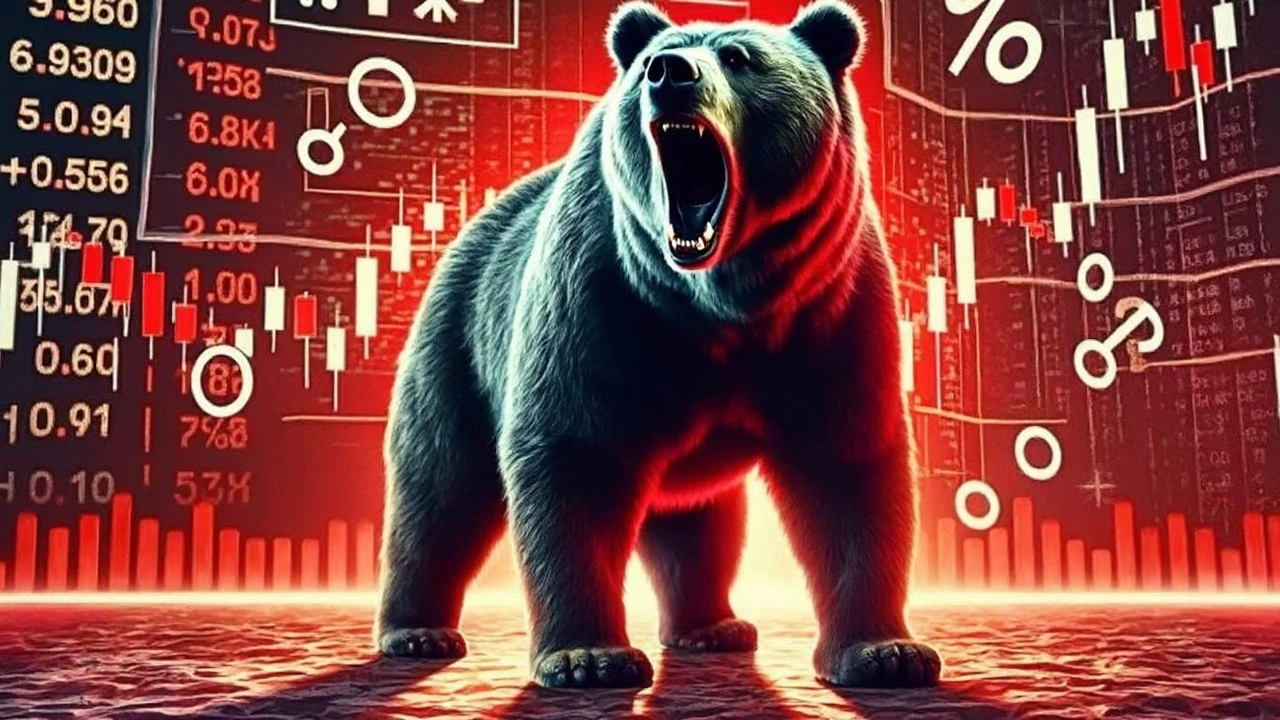Global Sell‑Off: What’s Happening and How to Deal With It
Markets have been in a nervous mood lately. Stocks in Asia, Europe and the US are slipping, and headlines keep talking about a "global sell‑off." If you’re wondering why your portfolio feels lighter, you’re not alone. Below we break down the main reasons behind a worldwide market drop and give you simple steps to protect yourself.
What Triggers a Global Sell‑Off?
First off, a sell‑off isn’t caused by a single event. It’s usually a mix of economic data, policy moves, and investor psychology. When the U.S. announces a big tariff, like the recent 50 % duty on Indian carpet exports, exporters scramble and stock prices of related companies tumble. The same thing happened after the Reliance Industries AGM when shares slipped despite the big AI announcement.
Currency swings also add pressure. If the dollar strengthens, emerging‑market stocks become more expensive for foreign investors, prompting them to pull money out. Add a surprise in earnings—say a major tech firm misses forecasts—and you see a chain reaction across sectors.
Geopolitical tension is another driver. Sudden shifts in diplomatic tone, such as the unexpected change in U.S.‑Russia summit conditions, can spook traders who fear the fallout on energy prices or sanctions.
Lastly, fear amplifies everything. When investors see a few big indices dip, algorithms and fund managers often sell automatically to limit risk. That sell‑off feeds on itself, turning a modest decline into a broader market slide.
How to Protect Your Portfolio
Now that you know the why, let’s talk about the what‑to‑do. Diversification remains the simplest shield. Spread your money across stocks, bonds, gold, and even cash. If one area drops, the others can soften the blow.
Keep an eye on valuation. Companies with high price‑to‑earnings ratios tend to fall harder in a sell‑off because they’re priced for perfection. Look for firms that generate solid cash flow and have a track record of weathering downturns.
Consider a stop‑loss order. It tells your broker to sell a stock automatically if it falls to a set price. This can stop a small dip from turning into a big loss, especially when markets move fast.
Stay updated with macro news but avoid panic‑reading. A single headline rarely changes the fundamentals of a well‑chosen business. If you’re unsure, talk to a financial advisor who can help you adjust the mix without over‑reacting.
Finally, think long term. History shows that even the deepest sell‑offs eventually recover. If you can stay calm and keep a portion of your assets invested, you’ll be in a good position when the market bounces back.
In short, a global sell‑off is a mix of tariffs, currency moves, political shifts and fear‑driven trading. By diversifying, watching valuations, using stop‑losses, and keeping a long‑term view, you can navigate the turbulence without losing sleep.
